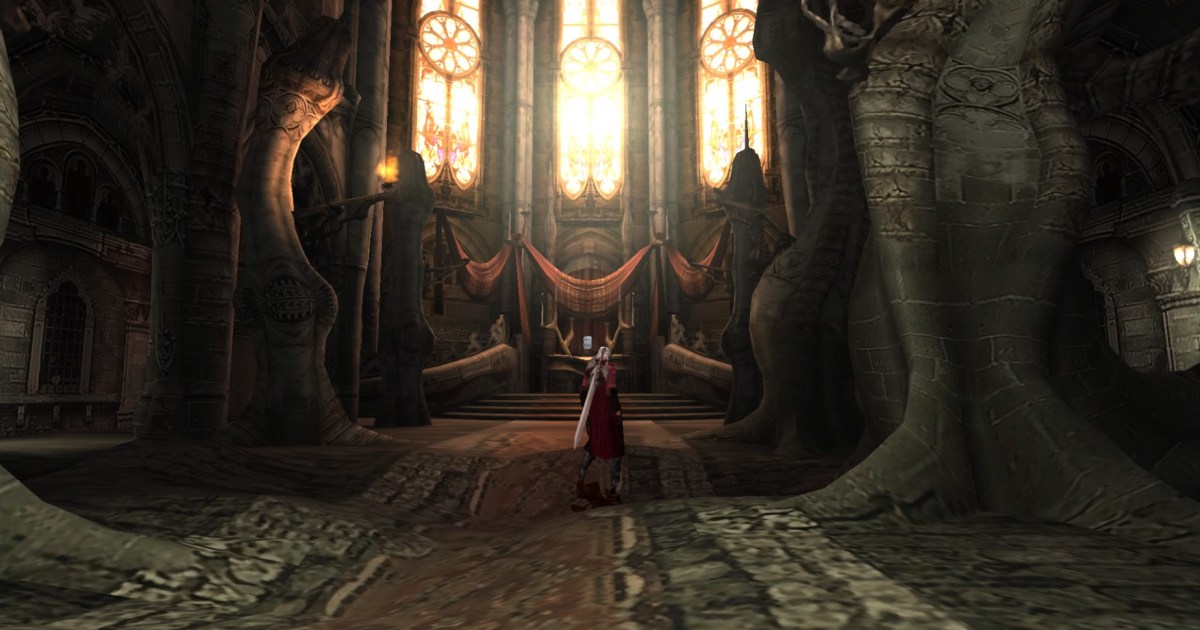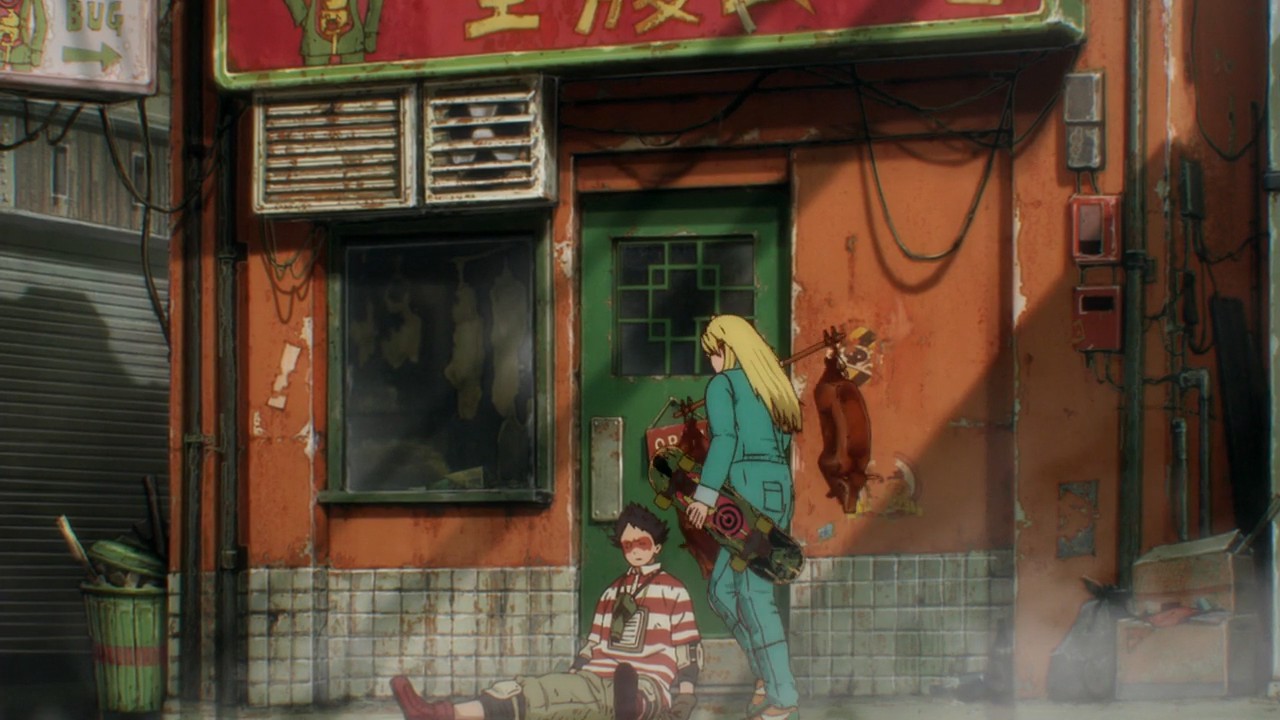If we are talking about art in the "higher" sense, i'd say the central element is the nature of what is being expressed combined with the craft (or rather genius) required to bring it about.
So your definition is in agreeance with most common notion (which as been the dominant one since the 17th century)
Which holds that Art is an activity that involves creative or imaginative talent in order to produce a work expressive of conceptual ideas and evaluated by its degree of technical proficiency, beauty and emotional power (plus the merit of said ideas)
Videogames still fit in this definition
Perhaps not all, but I think most do and that one could still make a good argument for the rest
What is being expressed by Tetris?
Logistical excellence

Though admittedly this is closer to the most ancient definition of art (an equivalent of skill or craft), which you have disregarded
Although Tetris makes evident the universality of Mathematics
Some will say, what about games like Torment? Isn't the writing in that game art? Yes, the writing is, but not the game.
The game reinforces the themes of the writting and the writting shapes the game
Though the game part is "superior" because it could survive without the writting, while the writting would fail outside of the game as it wasn't created to be independant of the game
Therefore, the game is the key artistic element as its what gives the writting meaning
And I say this as someone who doesn't like PS:T
Also play Pathologic 2
You could probably take a championship match of chess and add all sorts of art, graphics, music or even a great narrative over it, and maybe those embellishments might even result in a more compelling experience but in truth you didn't do anything to change what chess is in essence.
We're kinda back at the start of the argument, again the question of "why mechanics prevent art" remains
Still, to move this along I'll take your example
All those addicional qualities enchancing the match expand the context of the match and produce artistic expressions
But ultimately it was the game's mechanics which dictated those qualities (because they had to be made to accumadete them, not the other way around) and determined the resulting expressions
In conclusion, the mechanical nature is the fundamental element of this artitic experience
Further more, Chess still fits with the above definition - its a creative activity that expresses conceptual ideas (ideas even more "tangible" than many present in famous works of art, since chess deals with Tactics) and emotional catharsis, through the exercise of logical and mathemical finesse
Also, I think the logic from the
previous argument could still be applied here...





















